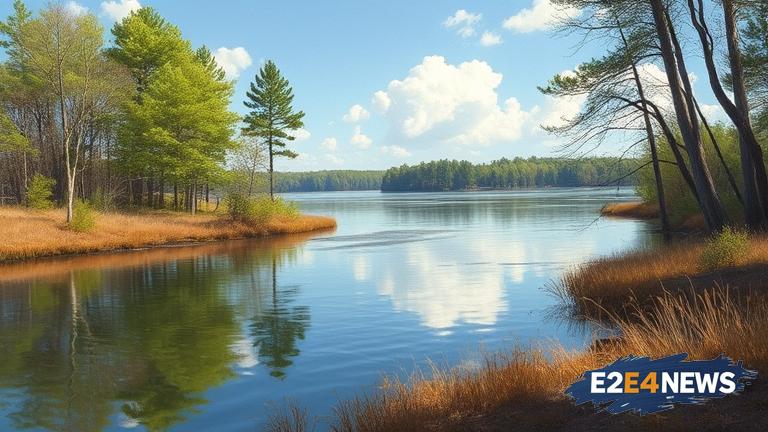A contentious issue has been brewing in the small town of Holly, Michigan, where local officials and residents are clashing with the state over a proposed drawdown of the Mill Pond. The Michigan Department of Environment, Great Lakes, and Energy (EGLE) has ordered the drawdown, citing safety concerns and the need for maintenance. However, many residents and local officials are opposed to the plan, arguing that it will harm the local ecosystem and disrupt the community. The Mill Pond is a popular spot for fishing, boating, and other recreational activities, and many residents are concerned that the drawdown will have a negative impact on the local economy. The proposed drawdown would involve lowering the water level of the pond by several feet, which would expose large areas of shoreline and potentially harm aquatic life. Local officials have argued that the state has not provided sufficient evidence to support the need for the drawdown, and that alternative solutions should be explored. Despite the opposition, the state has maintained that the drawdown is necessary to ensure public safety and to perform necessary maintenance on the pond’s infrastructure. The dispute has highlighted the challenges of balancing competing interests and priorities in environmental decision-making. The Mill Pond has been a source of pride and enjoyment for the community for many years, and many residents are determined to fight to protect it. The issue has also raised questions about the role of state agencies in environmental decision-making and the need for greater transparency and public input. As the debate continues, it remains to be seen whether a compromise can be reached that balances the competing interests and priorities. The community is eagerly awaiting a resolution to the issue, and many are hoping that a solution can be found that will minimize harm to the environment and the local economy. The dispute has also sparked a wider conversation about the importance of preserving and protecting Michigan’s natural resources. The state’s decision to proceed with the drawdown has been met with skepticism by many, who argue that more should be done to explore alternative solutions. In recent years, the Mill Pond has become an increasingly popular destination for outdoor enthusiasts, and many are concerned that the drawdown will harm the local tourism industry. The community is coming together to voice their opposition to the plan and to advocate for a more sustainable and environmentally-friendly solution. The fate of the Mill Pond remains uncertain, but one thing is clear: the community will continue to fight to protect this beloved natural resource.
